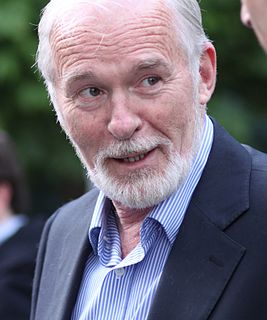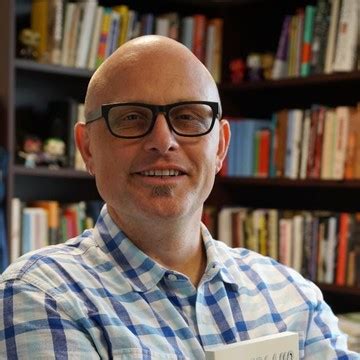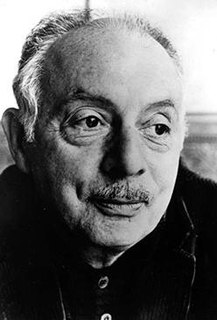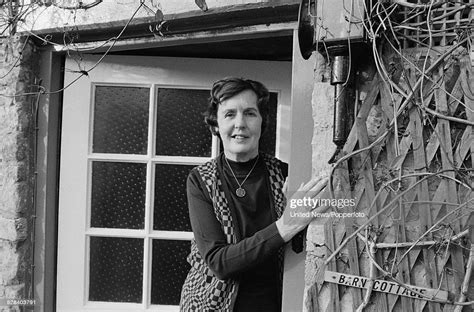A Quote by Natasha Trethewey
Often it seems that there are writers who are their best selves on the page. That Seamus Heaney was as genuine and deeply admirable in person as in his poems was to me a gift, then as now.
Related Quotes
I have a sustained interest in frippery. I can't refute the monster accusation, either. Some writers are awful on the page and kind in person. More often it's the other way around. I'd say I'm probably the same amount of asshole on the page as in life. I do try to be entertaining about it, however - in both places.
I think the poetry that came out of Belfast, and especially the Queen's University set, in the 1970s and '80s - you know, Paul Muldoon and Seamus Heaney, Derek Mahon and Ciaran Carson - that was probably the finest body of work since the Gaelic renaissance, up there with the work of Yeats and Synge and Lady Gregory.
Every so often when I'm writing, a character might actually be a distinct person in my head - often not an actor or a face, literally a person who just seems to exist in my imagination. Then the challenge is finding somebody who is close enough to that to make me feel like I've ended up where I wanted to be.
I don't let a poem go into the world unless I feel that I've transformed the experience in some way. Even poems I've written in the past that appear very personal often are fictions of the personal, which nevertheless reveal concerns of mine. I've always thought of my first-person speaker as an amalgam of selves, maybe of other people's experiences as well.
Religion, if it is genuine, is so profoundly interwoven with individual thought and experience that it is no more exhaustible than consciousness itself. And fiction whose purpose is didactic is bad no matter whether the matter to be "taught" is Christianity or the world view of Ayn Rand. It seems often to be assumed by writers that religion is a pose, meant to deceive oneself or others, or that it is a bad patch on doubt or complexity. This is only convention, however. The writers I know have a much deeper engagement with the real issues of religion.







































